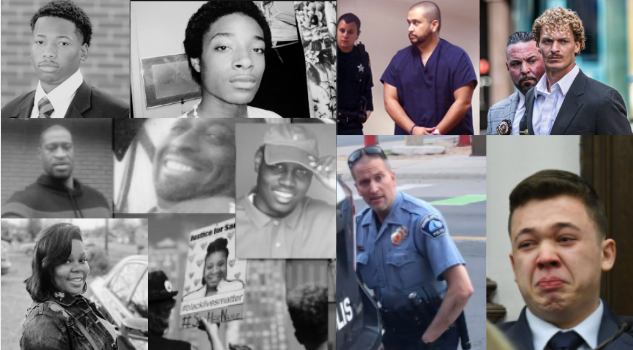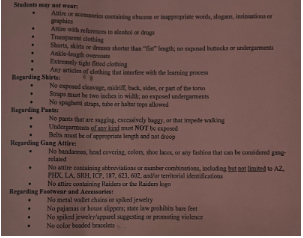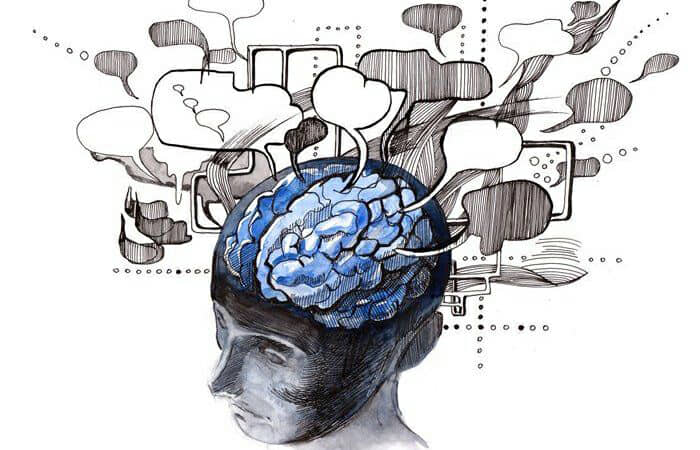In today’s society, people are more open-minded when it comes to mental health, and with that comes the realization that so many teens struggle with some kind of mental illness, this article will help to shine a light on these issues.
While many teens struggle with mental health only a portion of them ask for help. According to the HHS Office of Population Affairs, an estimated 49.5% of adolescents struggle with mental health issues. Only 34% of them ask for help.
Schools talk about having ‘trusted adults’ who are always there to assist in a case of need, but how trusted are they? For teens to feel open enough to talk about their worries and anxieties it is important for them to first feel safe enough to open up. Establishing a good rapport with a person takes time and patience. We cannot throw an overly anxious and overwhelmed teen in a room with a school psychologist and expect results right away. Some kids spend their lives telling themselves that not one person in the world would understand their struggles, let alone care enough to address them. Finding someone to talk to can be an amazing change but it can also be quite terrifying. Thoughts of being judged, outed, and even not taken seriously can hinder any connection made. Alexa Jarrell, Thunderbirds Social Worker shared, “ I think one of the biggest reasons is the fear of retaliation, judgment, [and] shame.” Asking someone to relive traumatic experiences can be just as traumatic when not handled correctly.
A few might say that this whole topic is blown out of proportion, that these issues are overly exaggerated because life, especially a teens life, cannot really be that bad. While everyone has the right to their own opinion and has differing experiences, people who downplay mental health issues often do not really know how bad they can actually be. They lack the experience of not being able to make it through the day without shutting down or feeling as though their problems are not serious enough to warrant any outside help. Ms.Jarrell continues, “There’s always been, at least in my generation, a heavy stigma around mental health and it’s somewhat being alleviated, but it’s still there.” The minimization of mental health tends to make people feel as though there is something wrong with them.
Noticing signs is a place to start; some bad days turn out to be bad weeks or sometimes even a bad month. Checking in with someone who shows the signs and offering a safe space can go a long way.








































